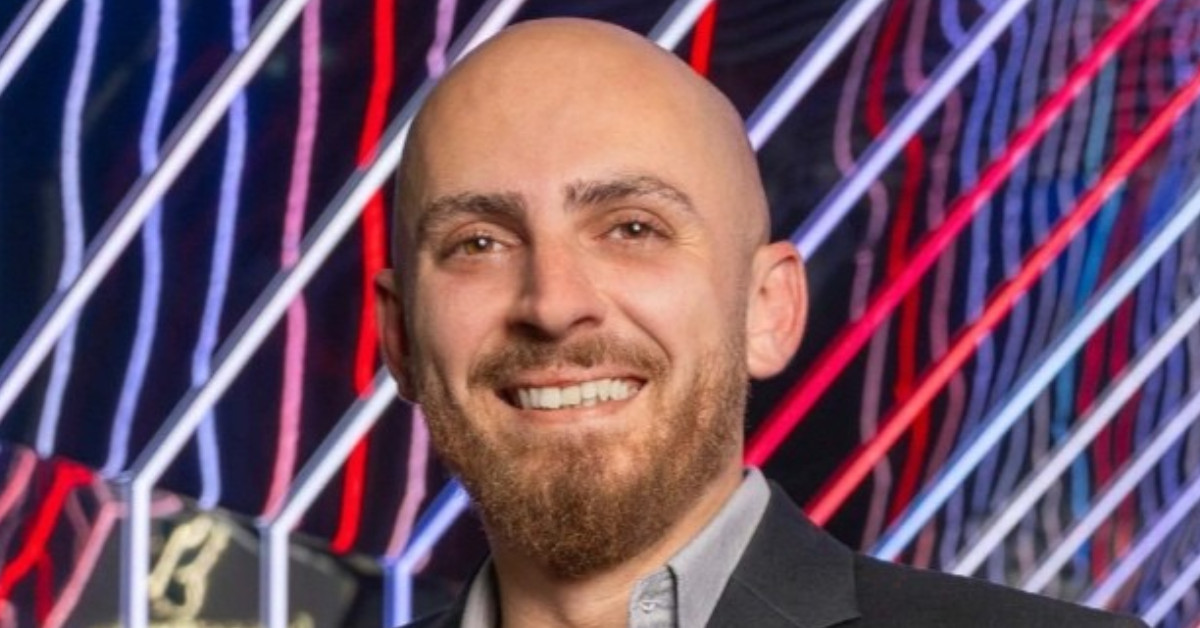


Published on 24 September 2025
•
5 min read

The United States has unveiled its latest fast track reform: an annual fee of $100,000 on H-1B visa applications. This visa is an essential tool for companies to hire foreign workers in skilled occupations, namely in tech, healthcare and engineering.
The new announcement, signed into effect on Friday, has been received with mixed emotions by companies as well as hundreds of thousands of workers currently on the visa and prospective applicants. Tech workers make up one of the largest groups of H-1B visa recipients, and businesses in Silicon Valley have even urged staff not to travel outside the country amid early confusion over the new process.
However, in this moment of rapid transition, Malta stands to benefit from the reforms if its cards are played well, according to Keith Zammit, CEO of ElevateAI.
Malta’s golden opportunity
Speaking to MaltaInvest.mt, Mr Zammit explains that Malta stands to benefit from the recent US H1-B visa policy change because it has created a significant “push factor” for a large, pre-qualified pool of global tech talent.
“The new US policy, which imposes a mandatory $100,000 fee on new H1-B petitions, has made the American system prohibitively expensive and legally unstable. Highly skilled professionals and innovative startups are now actively seeking more predictable and welcoming environments for their careers and families.”
Malta, he says, is uniquely positioned to address this need.
“Malta’s economy is strategically focused on high-value digital sectors like iGaming, FinTech, and AI. These industries have a documented need for the precise skills, such as Python, SQL, and JavaScript, that are prevalent in the affected talent pool, which is largely Indian professionals. This direct alignment between Malta’s economic needs and the available talent creates a fundamental reason for the significant opportunity.”
Malta already has agile immigration policies in place to attract this talent, but they would need to be bolstered, he adds.
The Key Employee Initiative (KEI) offers a fast-tracked, five-day processing time for a work permit for highly skilled workers. The Startup Residence Programme provides a pathway for entrepreneurs to relocate and build their ventures with a clear path to permanent residency.
“These programmes provide the stability and speed that are now critical selling points.”
For Mr Zammit, the Digital Nomad Visa also provides a useful opportunity for founders and talent to ‘test the waters’ with an “extremely helpful and lively team” at Residency Malta behind it.
Additionally, the US H1-B program, despite its recent flaws, has served as a quality filter, meaning the talent now looking for a new home is already vetted as valuable and high-skilled.
“Malta can essentially gain access to a ready-made pool of top human capital without the extensive vetting process.”
To effectively leverage this opportunity, Malta must implement a proactive, multi-pronged strategy that goes beyond its existing policies and focuses on building a self-sufficient, resilient ecosystem.
This would include actions like launching a targeted attraction campaign, streamline bureaucracy and boost the tech ecosystem among other things.
“Malta needs a compelling, multi-channel marketing campaign that directly addresses the pain points of the US system, the high costs and uncertainty, and contrasts them with the clear benefits of Malta’s stability and quality of life,” he says.
This should be a business-to-business effort, partnering with global recruitment firms to promote Malta as a reliable talent destination for companies now hesitant to sponsor H1-B visas.
“While the Key Employee Initiative (KEI)’s processing time is a great start, a broader review of the entire immigration process is needed to ensure a seamless experience.”
Malta should learn from countries like Germany and Canada, which have simplified processes and digitised their systems. Offering a single point of contact and improving communication can transform the user experience, preventing top talent from being lost to more efficient competitors.
Additionally, attracting talent is one thing; retaining it is another.
Malta must strengthen its existing network of specialised accelerators and incubators to provide the funding, mentorship, and community necessary for professionals to thrive.
“This helps to build a resilient ecosystem that is not dependent on a specific foreign policy shift, but on its own strong foundation of innovation.”
On taxes, Malta’s existing Highly Qualified Persons (HQP) Rules offer a 15 per cent flat tax rate for senior executives in specific sectors who meet a high income threshold.
To broaden its appeal, Malta could create a new “Tech Pioneer” tax status to specifically target professionals with skills in critical shortage areas like AI and cybersecurity, regardless of their position. This will provide a more competitive incentive compared to rivals like the UAE, which offer zero personal income tax.
This being said, the opportunity to seize the day on this reform is obviously not guaranteed. Several factors could prevent Malta from capitalising on this moment.
The potential downfalls
Despite the KEI’s speed, systemic bureaucratic inefficiencies in areas like work permit processes are a major hindrance and a to address these issues could lead to a poor first impression and deter top talent.
“The US policy shift has opened a new front in the global battle for talent. Malta is not the only country acting. It faces aggressive competition,” Mr Zammit stresses.
The foundation of this opportunity is a US policy that is legally and politically uncertain. Immigration attorneys have already filed lawsuits to challenge its legality, and it could be reversed by a future administration.
Basing a long-term strategy on a policy that could be rescinded is a precarious position. For Malta, the key is to use this temporary “push factor” from the US to build permanent, resilient “pull factors” that will continue to attract talent long after the US political landscape stabilises. This focus on creating a strong, independent ecosystem is essential for long-term success.

Sam is a journalist, artist and poet from Malta. She graduated from University of Malta and SciencePo, and is interested in making things and placing words.


